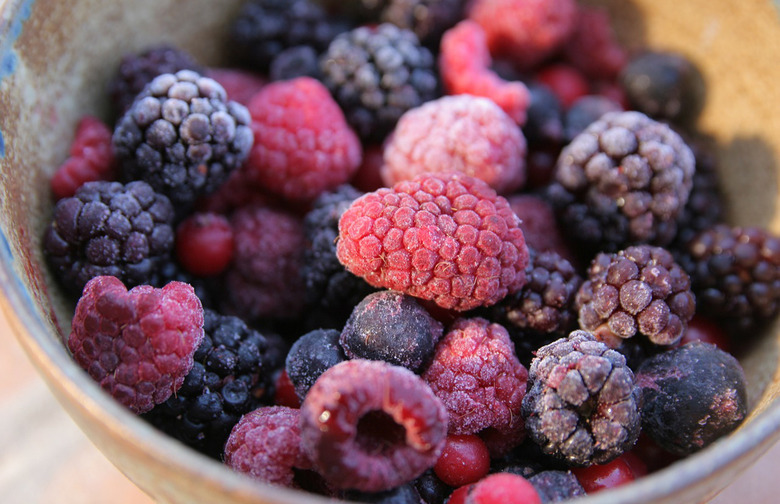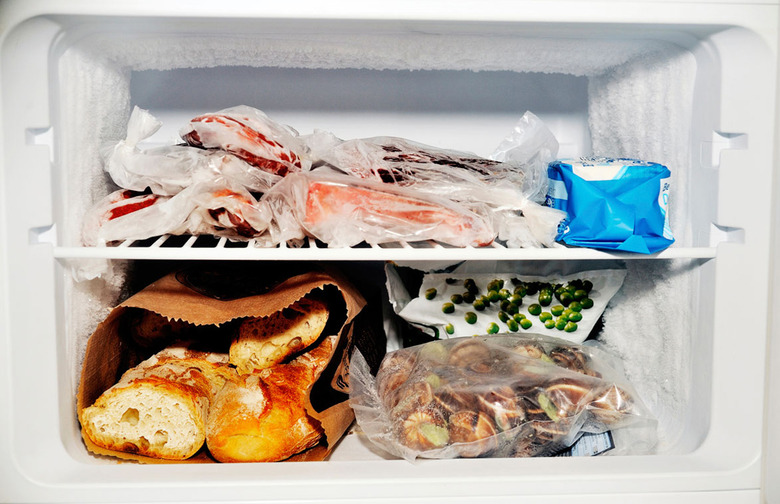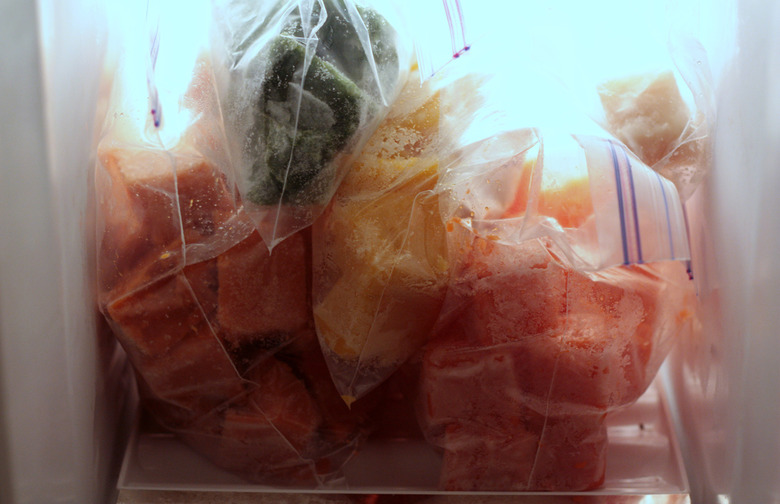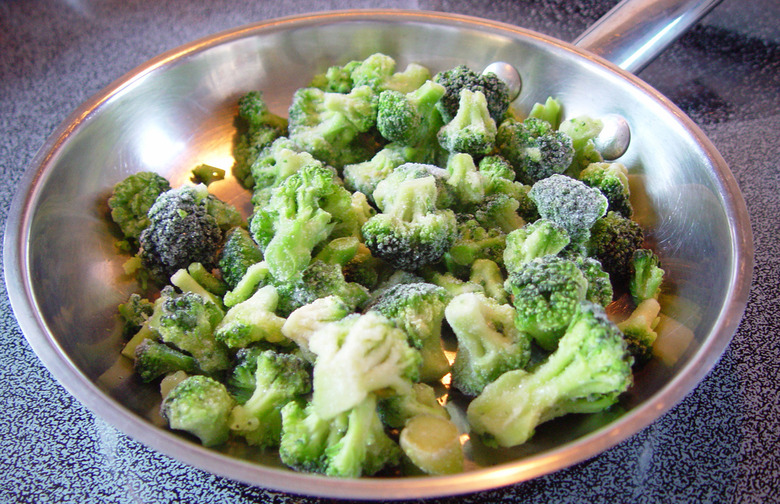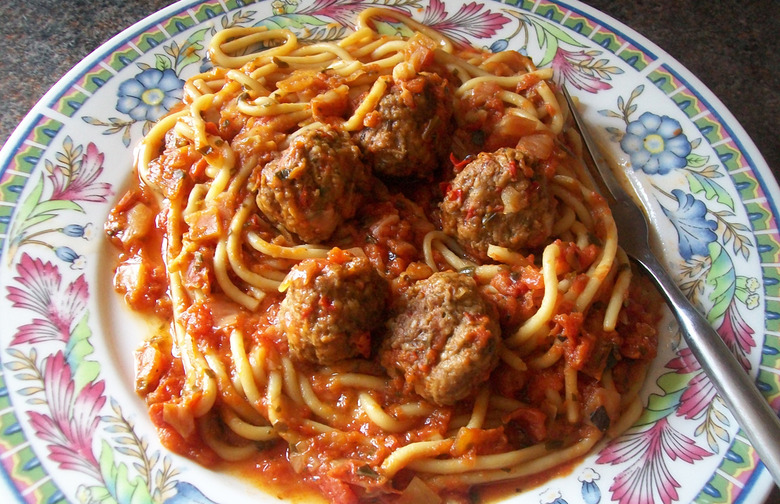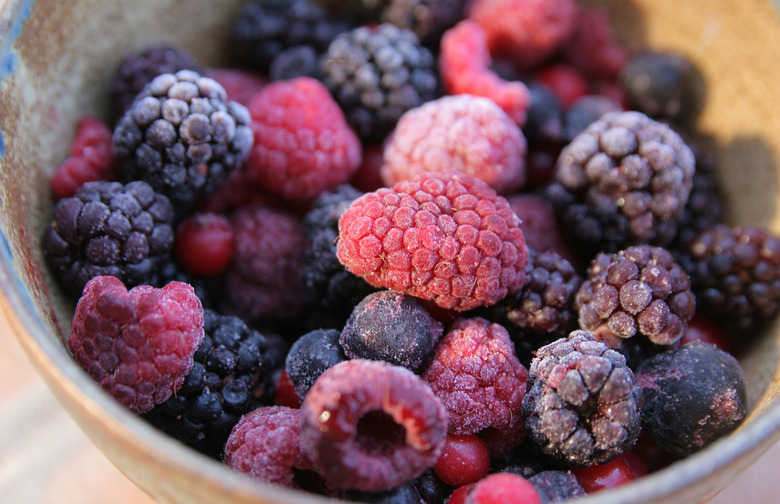A Guide To Healthy Frozen Food Selection
Nutritional value, ingredients, and sourcing are the keys to picking up a frozen produce that you can eat without worry or hesitation. Click ahead to see our complete Guide to Healthy Frozen Food Selection.
Age Isn’t Just a Number
Something to consider with frozen produce is its health as related to the food's age. This refers to the fact that, as soon as fruits and vegetables are harvested, they begin to age, thusly losing nutrients with each minute they're not eaten. Frozen foods benefit from being frozen in time, and often the time from being picked to frozen is quite short.
Avoid Add-Ons
Best Frozen Vegetables
Bell Peppers, broccoli, butternut squash, carrots, cauliflower, and spinach are excellent frozen vegetable purchases. Whether you buy a steam-in-bag variety or one that you steam yourself, there's nothing unhealthy about cooking vegetables via steaming. Additionally, you'll often find that frozen vegetables give you more bang for your buck than their fresh counterparts.
Frozen Fruits to Consider
Berries such as raspberries, blueberries, and blackberries, as well as cherries are widely available and perfectly healthy in frozen form. Cheap and unaffected by season, frozen berries and cherries can readily be added to smoothie recipes for an extra boost of healthy sugars and antioxidants.
Fruit for Days
Bags of frozen berries and other fruit can last for up to two months after being opened. Sealable (and, intuitively, resealable) bags are available, and by tightly sealing a bag of frozen fruit, you'll be able to keep it as freshly frozen as possible.
Keep It Simple
When you pick up a bag of frozen fruit or vegetables, you should look for the most basic of ingredients lists. Your bag of frozen broccoli should contain just one ingredient: broccoli. If frozen produce has more than one ingredient, consider passing on it.
Organics in the Freezer
There is an ever-increasing amount of healthy, organic frozen meals available to environmentally-conscious shoppers and diners. These dishes include things like grass-fed beef, USDA-certified organic fruits and vegetables, wild-caught salmon, and organic black bean burgers. Your frozen meal can be as simple as plain old vegetables or as exotic as enchiladas with cheese or chicken and vegetable potstickers.
Meal Guidelines
Real Simple explains how to select frozen meals. "Select entrées with no more than 3.5 grams of fat per 100 calories, no more than 600 milligrams total sodium, and no MSG or trans fats... For bonus points, choose meals with at least four grams of fiber... Brands that consistently offer healthy options include Lean Cuisine, Healthy Choice, Smart Ones, Kashi, and the Whole Foods house line."
Protein Matters
If you're looking to stock up on some healthy frozen meals, look for ones that have a good amount of protein. While this number varies per person, 15 grams or more is a good dose of muscle-building, satiety-promoting protein.
Sayonara, Sugar
Frozen fruit can be packaged with sugary syrups — you don't want this. Fruit contains natural sugar that you shouldn't feel guilty about consuming. Added sugar, however, is not only unnecessary but also unhealthy. The same goes for frozen meals.
